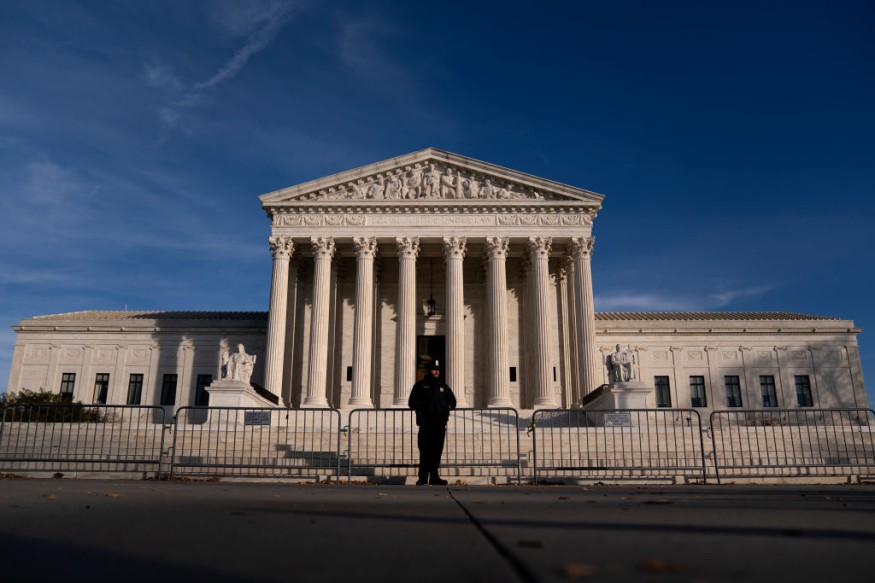Texas Lawmaker Seeks Death Penalty for Women Who Get Abortions

A Texas lawmaker has introduced a bill that would make it possible for a woman to get the death penalty for having an abortion.
According to an Abort 73 report, around 891,000 abortions were done in the United States in 2019, up from the 876,000 abortions recorded in the previous year.
Abortion is still one of the most sensitive topics when it comes to women's reproductive health, with only nine countries in the world having higher abortion rates than the U.S., according to the United Nations' 2013 report. Some states are now in the process of criminalizing abortion, such as Texas.
Texas State Rep. Bryan Slaton introduced a bill that would allow the death penalty for women who get abortions.
"The bill will end the discriminatory practice of terminating the life of innocent children, and will guarantee the equal protection of the laws to all Texans, no matter how small," Slaton said as The Hill reported.
According to Slaton, unborn children in Texas die at a faster rate than COVID-19 patients, adding that Texans are not taking the abortion crisis seriously. The lawmaker noted that he believes that an unborn child should be treated the same as a born child by the laws.
Texas Abortion Laws
The bill was filed on Tuesday and stated that women who had an abortion and physicians who performed the said medical procedure could be charged with assault or homicide.
In Texas, this charge is punishable by death, as confirmed by Shannon Edmonds, a staff attorney with the Texas District and County Attorneys Association. The association noted that they do not have a position on the bill.
Texas Tribune reported that the bill would require people to give evidence or testify about misdemeanors involving an unborn child's death or bodily injury. It also offers immunity to those who do.
The bill also requires the state attorney general to monitor and direct a state agency to implement those laws, regardless of a contrary federal statute, treaty, regulation, order, or court decision.
Most abortions in Texas are currently prohibited after 20 weeks, but the drafted bill bans abortions starting at fertilization. The bill cited one justice's opinion at a recent Supreme Court case, June Medical Services L.L.C. v. Russo, which stated that the Constitution "does not constrain the states' ability to regulate or even prohibit abortion."
Last year, Texas was allowed to implement its temporary ban on abortion by the Fifth Circuit Court of Appeals, saying that any abortion not medically necessary to preserve life or health must be halted, according to a CBS News report.
The court decision came after a lower court ruled the suspension of abortion services was unconstitutional and in violation of Supreme Court precedent that includes Roe v. Wade. The Roe v. Wade is a 1973 decision that legalized abortion nationwide.
Texas is one of the five states facing legal battles over restricting abortion access amid the COVID-19 pandemic.
Meanwhile, Arkansas Governor Asa Hutchinson on Tuesday passed a law banning nearly all abortions in the state. Hutchinson had expressed reservations about the bill, which only allows the procedure to save a mother's life.
Another CBS News report said it does not allow exceptions for those impregnated by rape or incest. Hutchinson's reasons behind signing the bill were the overwhelming legislative support and his pro-life beliefs.
The legislation will not be in effect until 90 days after the legislature adjourns this year's session, which means it could not be enforced until this summer at the earliest. Abortion rights supporters said that they have plans to challenge the ban in court.
WATCH: Texas Abortion Bill Seeks Death Penalty for Women - from KVUE
Subscribe to Latin Post!
Sign up for our free newsletter for the Latest coverage!
© 2026 Latin Post. All rights reserved. Do not reproduce without permission.














